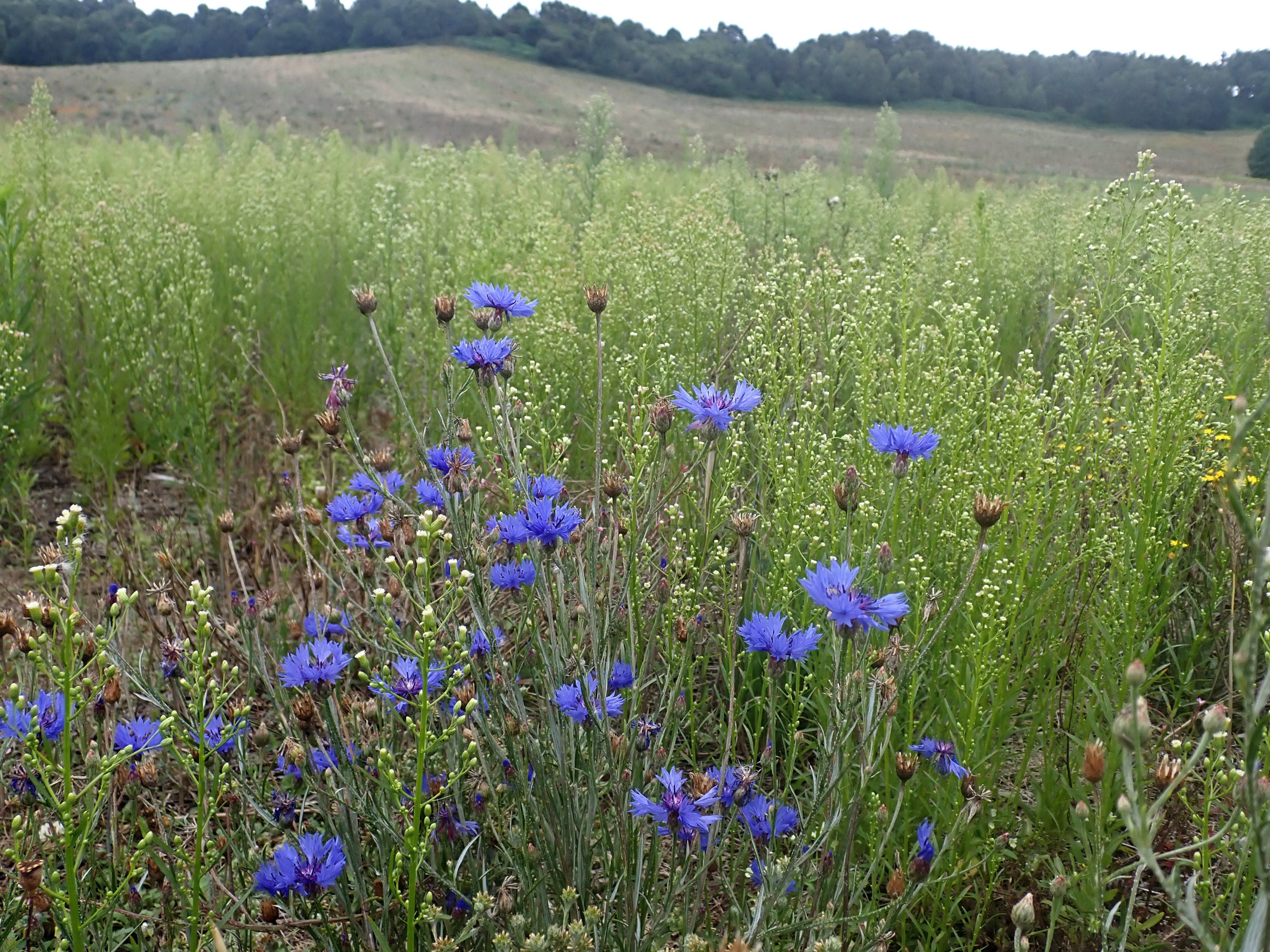Iron Age ‘ghost ponds’ to be restored as part of UK rewilding projects
Other schemes include rewilding a village and transforming an ex-golf course into an urban bee and butterfly oasis

Restoring an Ice Age “ghost” ponds is one of ten new schemes being launched to boost wildlife after an £8million fundraising campaign.
The Wildlife Trusts coalition has unveiled the new projects across England and Wales, that also include rewilding a village and transforming a 42-acre ex-golf course into an urban bee and butterfly oasis.
The effort to boost the recovery of nature, to reverse declines over recent decades, is backed by naturalist Sir David Attenborough, who said that “if given a chance - nature is capable of extraordinary recovery”.
“The Wildlife Trusts’ campaign to secure 30% of our land and sea for nature’s recovery by 2030 offers us the vision and level of ambition that is urgently needed to reverse the loss of nature, and so improve all our lives.”
Sir David warned: “We are facing a global extinction crisis which has implications for every one of us.
Read more:
- Britain’s grid ‘greenest ever’ at lunchtime on Easter Bank Holiday Monday
- Polar bears forced to eat seabird eggs as Arctic hunting ground shrinks
- Extinction Rebellion announces ‘wave’ of action against banks over fossil fuel investments
- Bitcoin mining is disastrous for the environment – it is time for governments to intervene
“It’s tempting to assume that the loss of wildlife and wild places is a problem that’s happening on the other side of the world.
“The truth is that the UK is one of the most nature-depleted countries on the planet and the situation is getting worse.”
The trusts have raised almost £8 million since launching a campaign to drive the recovery of nature across 30% of land by 2030 six months ago, including £900,000 from the public.
One of the ten projects involves saving Ice Age ghost “pingo” ponds and expanding heathland across 140 acres of arable fields and woodland by Thompson Common, in Norfolk.
“Pingo” bonds were created during the last Ice Age and have often been left untouched since then causing them to fill with an excess of vegetation or bushes.
Wildlife Trusts chief executive Craig Bennett said: “Just protecting the nature we have left is not enough; we need to put nature into recovery, and to do so at scale and with urgency.
“We need to transform nature-poor areas into new nature-rich places - and change the way we think about land, looking for opportunities to help nature outside traditional nature reserves.”
Other projects also include restoring arable fields to heathland, improving wildflower meadows and quadrupling the size of a nature reserve to help a rare butterfly.
Additional reporting by PA
Join our commenting forum
Join thought-provoking conversations, follow other Independent readers and see their replies
Comments
Bookmark popover
Removed from bookmarks